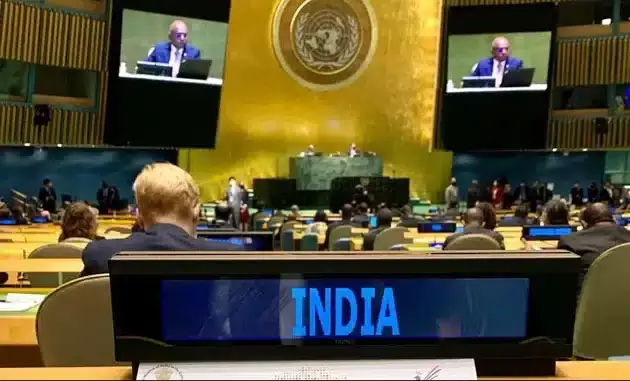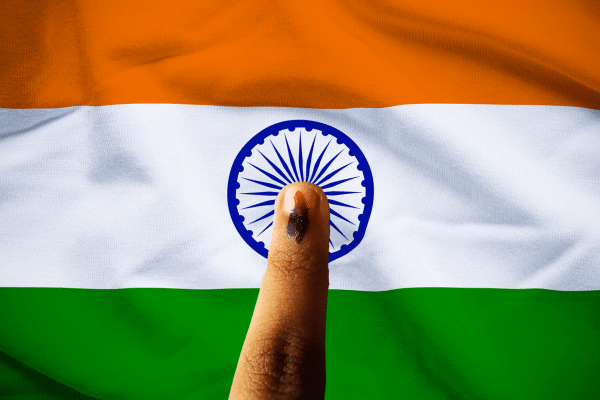As India treads on the path to becoming a significant global player, a vast population, growing economy, and strategic geopolitical position make its influence on the world stage undeniable. However, to truly emerge as a global leader, India needs to address certain challenges while capitalising its strengths effectively.
These challenges include poverty, corruption, infrastructure deficits, environmental apathy, and a tide of communal disharmony. Addressing these issues demands strong leadership, effective governance, and long-term commitment across agencies and sectors.

India’s global positioning despite conflicts and crises, underscores the need for a comprehensive and sustainable approach to tackling internal issues. While quick-fix solutions may seem appealing, the notion of a universal remedy will be facile and potentially damaging, especially for a country as diverse and dynamic as India.
Governance, judiciary, health, education, law and order, and economic development are some of the critical areas that will need immediate attention and support.
Effective governance hinges on a robust bureaucratic machinery. Implementing merit-based appointments, ensuring transparency, and establishing accountability are concrete steps in the direction that help build trust in the government. A clear demarcation between the three pillars of democracy – the executive, the legislature, and the judiciary – is also crucial for maintaining the checks and balances of a functioning democracy. Ensuring separation of religion from the state will guarantee equal rights for all citizens.
For economic stability, tax reforms through simplified tax structures, a wider tax base, and a whip on tax evasion will go a long way in creating a more balanced economic environment.

A fast and effective judicial system is essential for ensuring timely justice and upholding the rule of law. Improving court infrastructure, increasing judicial efficiency, and reducing case backlogs are key areas that require immediate attention. Strengthening law enforcement agencies, ensuring swift and impartial justice, and addressing underlying socio-economic factors that contribute to crime are essential for maintaining peace and security.
India’s greatest strength lies in its demographic dividend. Investments in education, skill training, and job creation will ensure a stable and sustainable environment for its young people.

The education system in India is in urgent need of an overhaul to meet the challenges of the 21st century. Emphasising critical thinking, creativity, and innovation, besides ensuring access to quality education for all, can help build a skilled and knowledgeable workforce.
The healthcare system too requires significant reforms to make healthcare accessible and affordable to all. Investing in healthcare infrastructure, training healthcare professionals, and implementing effective healthcare policies are crucial steps in this direction.
Last but not the least, reducing media influence and bias in news reporting is paramount to promoting unbiased and informed public discourse. Ensuring that journalism remains focused on facts and analysis rather than sensationalism will go a long way in restoring credibility to the media.
Though India’s journey towards global leadership faces internal challenges, addressing these challenges and leveraging its strengths effectively, can make it a shining example of progress and prosperity on the world stage. It is imperative for all stakeholders – government, private sector, civil society, and citizens – to work together towards a common goal of building an inclusive India for generations to come.
READ ALSO: Lok Sabha Elections: At a glance





